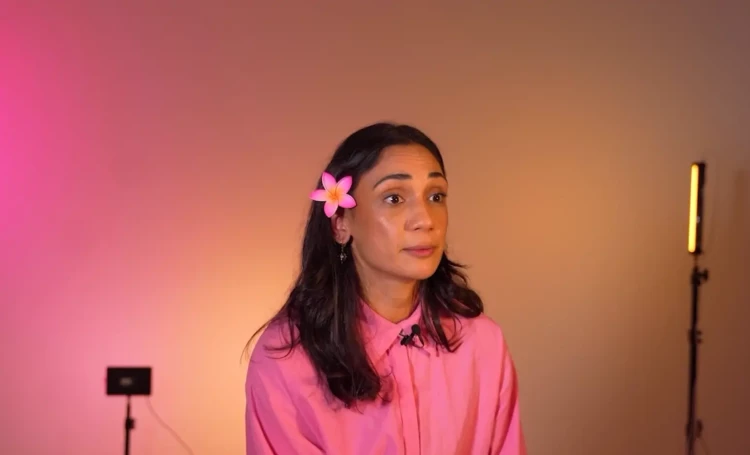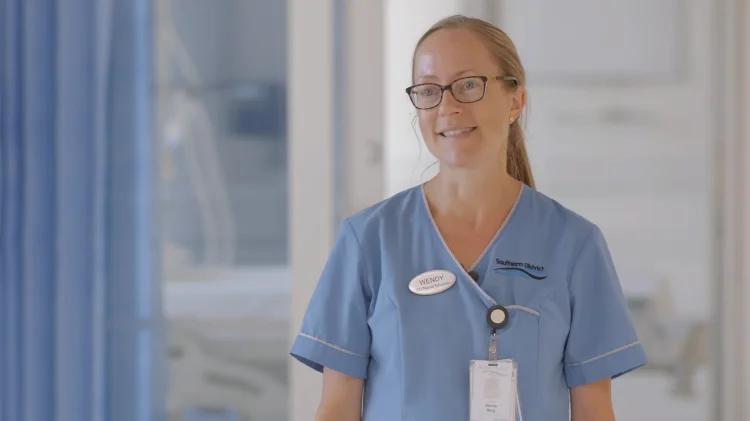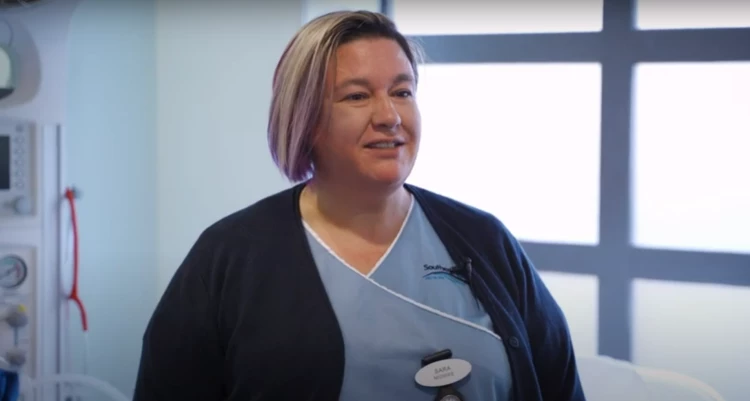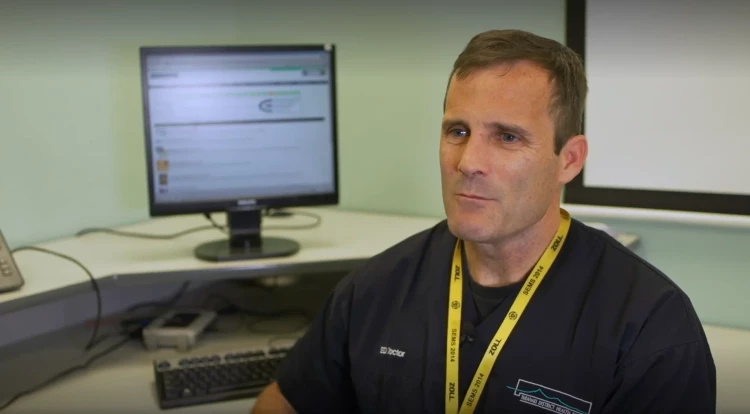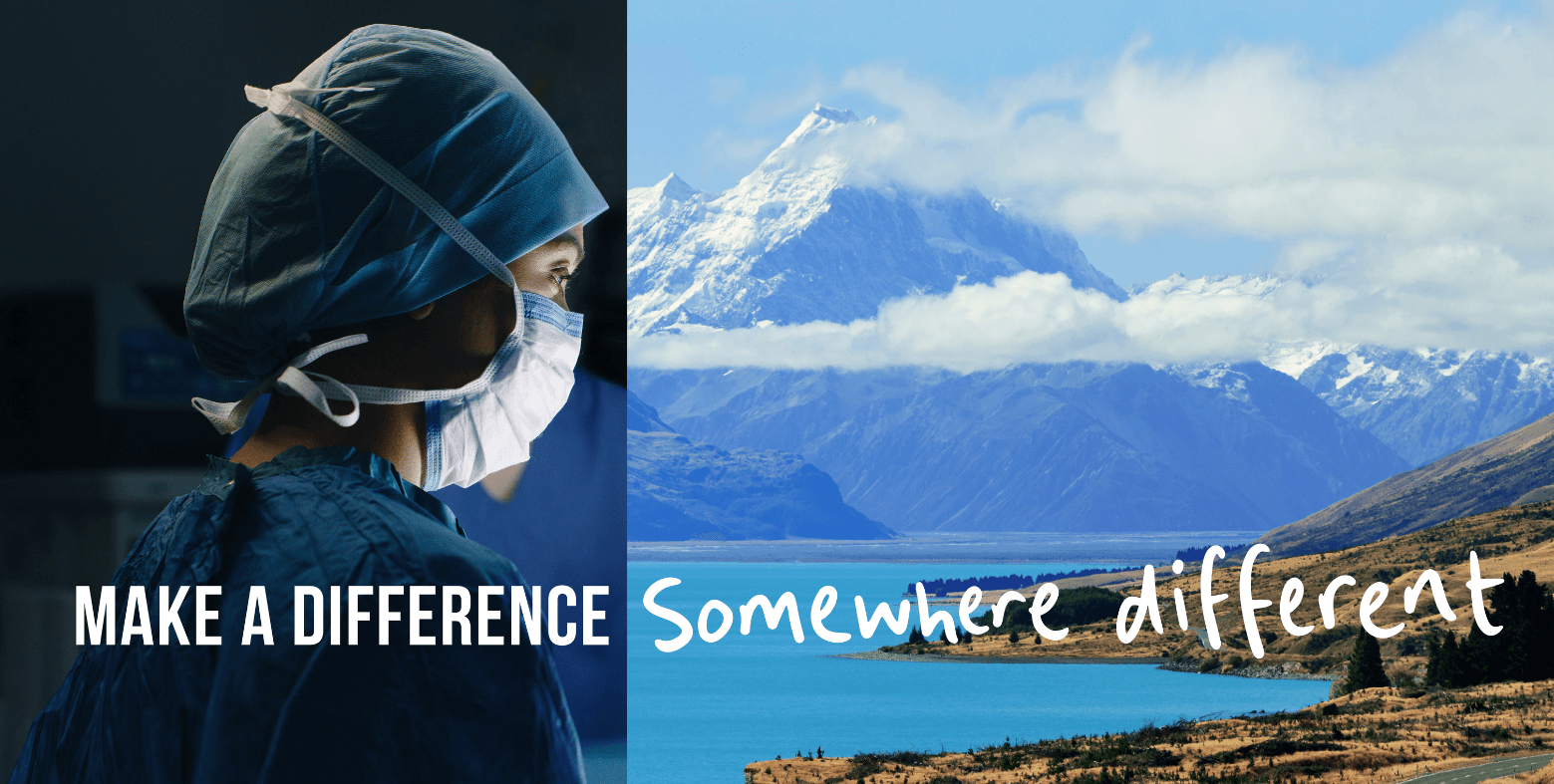

Looking to start a new adventure in Aotearoa New Zealand? We're here to help!
Whether you're looking to get started, or already have your bags packed, our team can help answer any questions you have, no matter what stage you're at - hit the talk to us button in the top-right of the page to get in contact.
Ready to take the next step? Fill out our five-minute form with your details, and someone from our team will follow up and help you find a role. Hit the Register Your Details button in the bottom-right of the page to put yourself forward.
IT'S EASIER THAN EVER TO COME HERE AND WORK IN HEALTHCARE
Health New Zealand - Te Whatu Ora can offer you:
|
Free guidance on visa options and pathways for you and your immediate family |
We can provide you with support every step of the way to help you with the move |
|
Recruitment expertise to assess your career aspirations and match you with your preferred locations |
Settlement support when you arrive at your new home in New Zealand |
Roles in High Demand In New Zealand
WEBINARS
Hear from our International Recruitment Centre, Immigration New Zealand and New Zealand's Registration Bodies about how to emigrate to New Zealand - these webinars are a unique opportunity to learn about the process from start to finish, directly from the people who process your applications!
Sign up to our upcoming webinars and view videos of our previous ones by clicking the button below.



FIND A JOB
If you see a role you like, contact our team with a link to the job listing, and we can work with you to get your paperwork in order, or you can apply directly.
Job Hunting Tips
We've pulled together some useful information to help you, your partners, and your immediate family find work and tailor your experience to the New Zealand job market.
FIND YOUR NEW HOME
New Zealand - Aotearoa has ranked second on the Global Peace Index for two years in a row, and has never been outside of the top five since the index launched in 2009.
Whether you like the big city, the beach, the mountains, or all of the above - we have a broad range of places to call home.
Wherever you pick, you're never far away from nature.
Find out more information about what part of our beautiful country is the best fit for you.
Te Tai Tokerau | Northland
Population: 194,600
Northland is a beautiful and diverse region of Aotearoa, New Zealand with plenty to offer visitors. Whether you're interested in water sports, historic sites, natural beauty or ancient Kauri trees—Northland has it all!
Further reading
HEAR FROM THOSE WHO HAVE MADE THE MOVE

TALK TO US
If you work in healthcare, and want to move to Aotearoa New Zealand, use our form to leave your details. No matter where you are, or what stage of the process you're at, our team can help you.
